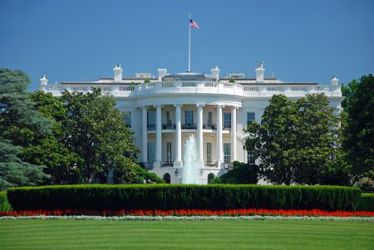This Small Midwestern City Is Showing The U.S. How To Fight Lead, PFAS Contamination


Water systems throughout the U.S. continue to struggle with two major contamination trends, but progress gaining traction in the Midwest may have some answers for how they can make more of federal funding.
“Biden Administration officials praised Wausau … as an example of how to quickly and aggressively tackle water quality issues, after its work to remove lead pipes and filter ‘forever chemicals’ from its water,” the Milwaukee Journal Sentinel reported. “Wausau … has spent several years aggressively seeking federal and state funding and grants to help finance the replacement of lead laterals running into homes and to install a nearly $17M treatment plant to remove PFAS from the municipal water system.”
It may be no surprise to hear that Wausau has made strides on these acute drinking water issues through infrastructure investment. Ever since a national emergency was declared over lead contamination in Flint, it’s been clear that outdated pipelines need to be replaced throughout the U.S. And the proliferation of per-and polyfluoroalkyl substances (PFAS) in drinking water across the country clearly requires investment in additional treatment methods.
But a recent visit from Tom Perez, a senior advisor to President Biden, highlighted how participation in federal programs can help make those efforts a reality for communities that might otherwise not be able to secure the funding.
“Wausau is set to receive about $5.8M for lead service line replacements, which will speed up the replacement of the remaining 8,000 lead service lines,” according to the Journal Sentinel. “The city is set to receive more than $17M in Emerging Contaminant funding from the federal government to address PFAS, which is greatly cutting down the amount that will fall to the city’s taxpayers and water users.”
Though there are significant obstacles in accessing federal funding set aside to address drinking water issues, successes like Wausau’s could be creating a roadmap for other systems to follow. If nothing else, consumers there are enjoying more confidence in the safety of their drinking water.
“The family that lives here has two grandchildren that are visiting here all the time and I want to make sure every time they open that tap, they’re drinking something that doesn’t have any PFAS, doesn’t have any lead,” said Perez during his visit to Wausau, per WAOW. “And that’s what this is all about.”
To read more about how water systems secure federal money to address contaminants like lead and PFAS, visit Water Online’s Funding Solutions Center.
